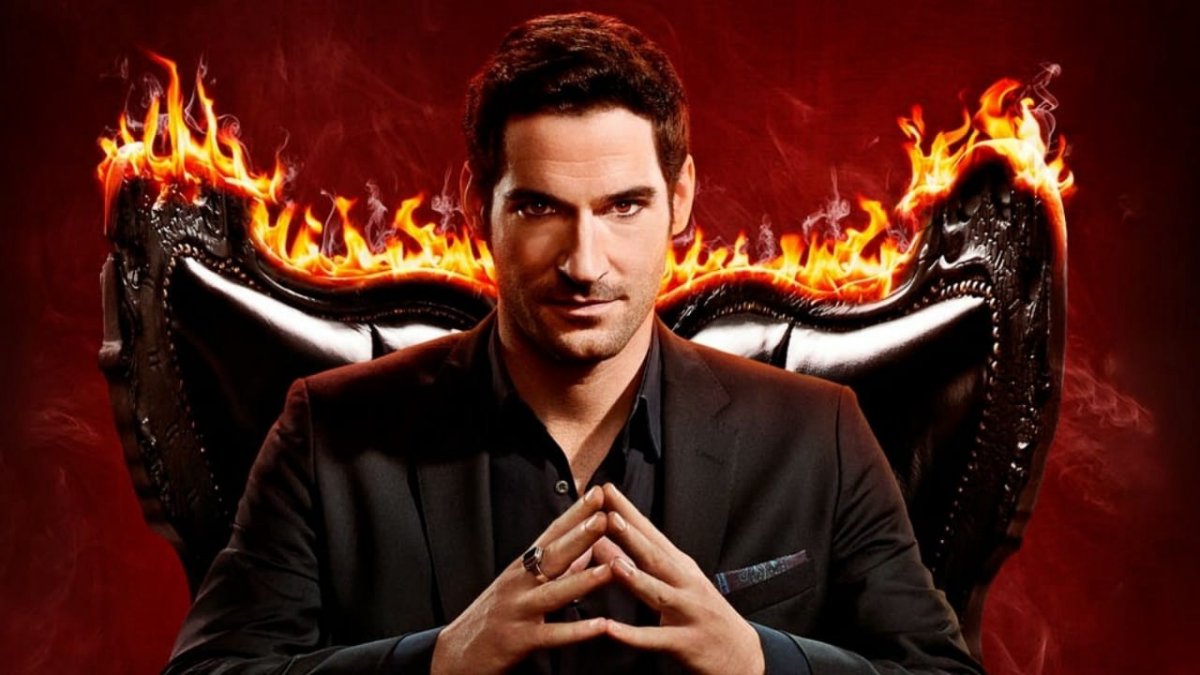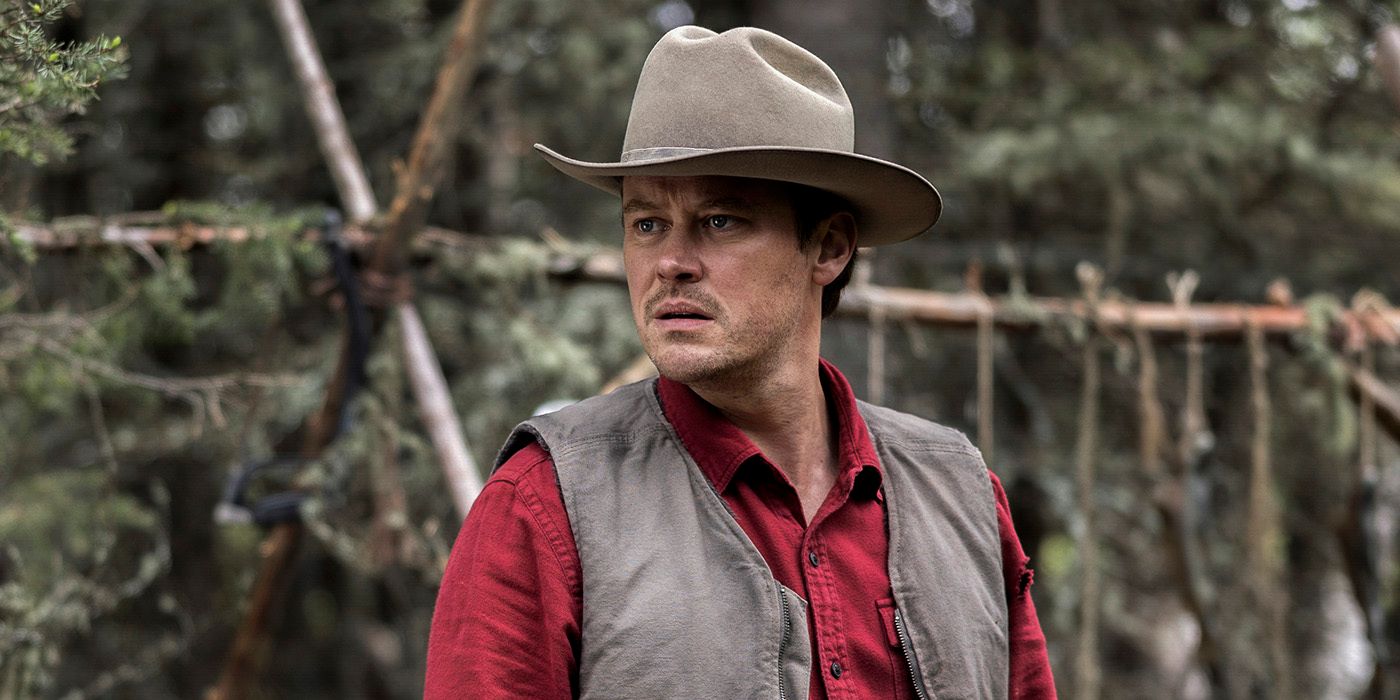"The Thorn Birds" (1983): A Timeless Tale of Forbidden Love and Enduring Sacrifice
The Thorn Birds, the 1983 television miniseries based on Colleen McCullough’s bestselling novel, is more than just an epic saga—it is a haunting, emotional journey that spans decades, landscapes, and the human heart. Set in the rugged beauty of the Australian outback, the story explores one of the most poignant and enduring themes of storytelling: the tragic cost of forbidden love.

At the center of The Thorn Birds is the heartbreaking relationship between Meggie Cleary (Rachel Ward), a strong yet vulnerable young woman, and Father Ralph de Bricassart (Richard Chamberlain), a Catholic priest torn between his devotion to God and his undeniable love for her. Their love is deep and passionate, but it is also impossible—constantly threatened by duty, guilt, and ambition. Theirs is a love story that simmers beneath the surface, unspoken but always present, shaping their lives and the generations that follow.
Rachel Ward’s performance as Meggie is full of grace and quiet strength. She portrays Meggie’s transformation—from an innocent girl to a woman shaped by love, loss, and sacrifice—with remarkable depth. Richard Chamberlain gives a career-defining performance as Father Ralph, capturing the torment of a man who wants to serve God but cannot escape the pull of his heart. Their chemistry is electric, their silences just as powerful as their words.

The miniseries spans over 60 years and follows not only Meggie and Ralph’s struggle but also the lives of the entire Cleary family, as they endure hardship, tragedy, and the unforgiving realities of rural Australia. The breathtaking cinematography captures both the harshness and beauty of the land, mirroring the emotional landscape of the characters. From the dusty fields of Drogheda to the grandeur of the Church, the settings feel alive—each one a silent witness to the pain and longing that fills the story.

What makes The Thorn Birds so emotionally resonant is its exploration of love in its many forms—not only romantic love, but also parental love, unrequited love, and the love that endures despite time, distance, and heartbreak. It asks painful questions: Can love survive in the face of impossible choices? What do we sacrifice when we deny our hearts? And is it nobler to remain faithful to duty, or to risk everything for love?
The title itself is symbolic, referencing the mythical bird that sings its most beautiful song only once in its life, as it dies. That image perfectly encapsulates the soul of the story: beauty born of pain, love blooming in suffering, and the inescapable tragedy of timing.
Over four nights in 1983, The Thorn Birds captivated millions of viewers, and decades later, its impact remains. It is a rare kind of story—grand in scope but intimate in emotion. Watching it is like hearing a song that aches in your chest, long after the final note.
The Thorn Birds reminds us that some loves are unforgettable, even if they are never meant to be.



